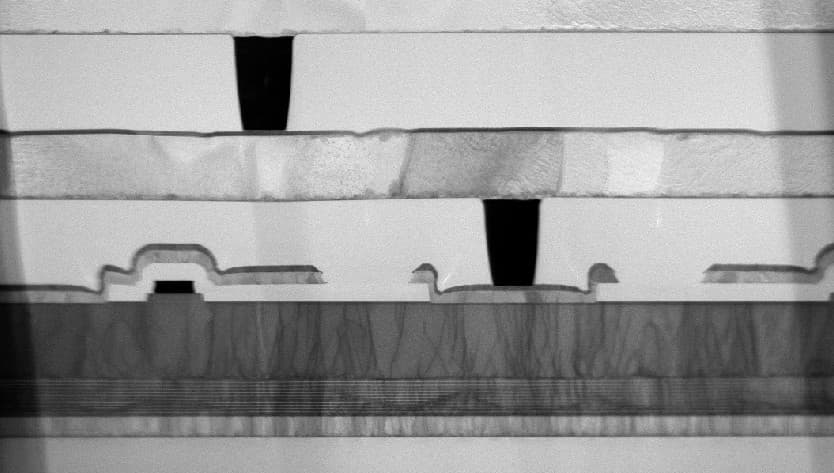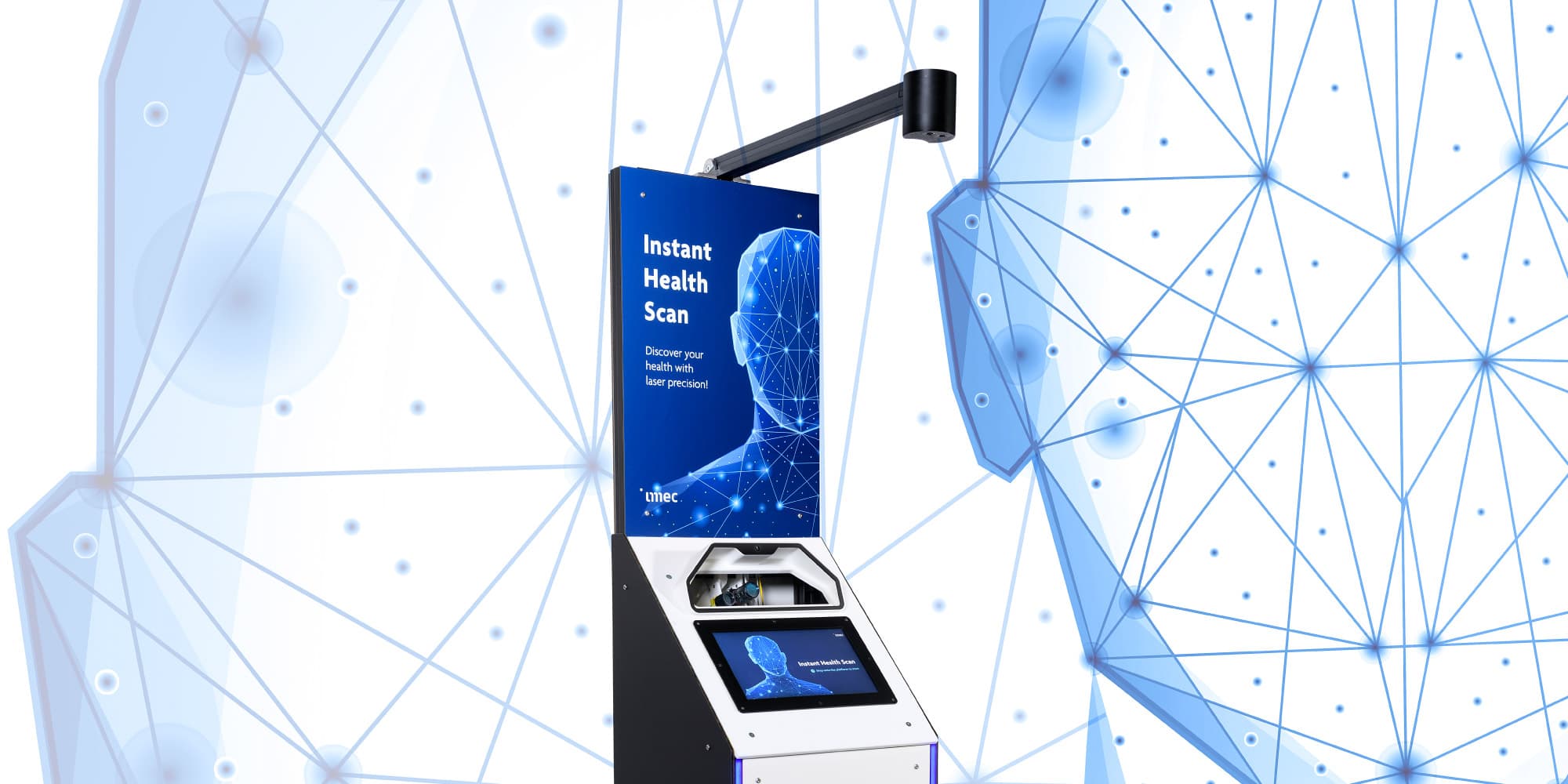AORTA
Self-learning scheduling algorithms and a wearable device to improve logistics and patient transport in hospitals
When hospitalized, patients have to undergo a whole range of examinations and treatments at various locations. As a result, they are constantly ferried around. The same applies to medical equipment and consumables.
Moreover, nursing staff handles patient transfers, while logistics personnel takes care of the transportation of goods. To plan all these movements, each flow has its own dispatching system. Can this transport be done more efficiently?
The imec.icon project AORTA investigated how hospitals can achieve efficiencies through dynamic allocation of tasks and resources to hospital staff, for instance by combining the transportation of patients with that of medical equipment and goods. The goal was to support the different logistic processes through technology that continuously monitors and adapts to the changing environment of a hospital, with a view to increasing cost efficiency, reducing waiting times for both patients and staff, relieving nursing staff of non-care related tasks, and improving quality and patient safety.
Project outcomes
- Wearable device communicates tasks through messaging architecture
- Scheduling algorithms become dynamic and self-learning
Download leaflet

AORTA
Self-learning scheduling algorithms and a wearable device to improve logistics and patient transport in hospitals.
AORTA is an imec.icon research project funded by imec and IWT.
It ran from 01.01.2015 until 31.12.2016.
Project information
Industry
- AZ Maria Middelares
- Xperthis
- Het Ziekenhuis Netwerk Antwerpen
- Televic Healthcare
Research
- imec - mintlab - KU Leuven
- imec - ITEC - KU Leuven
- imec - IDLab
Contact
- Project Lead: Peter Beirlaen
- Research Lead: Greet Vanden Berghe
- Innovation Manager: Eric Van der Hulst












